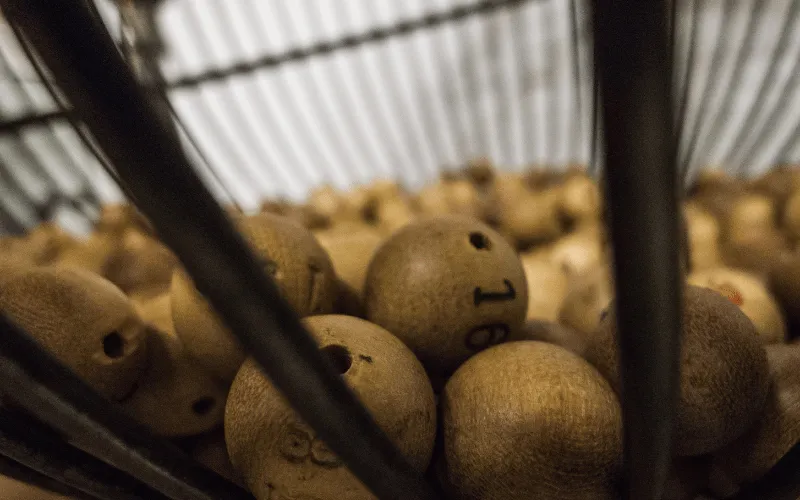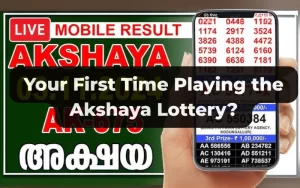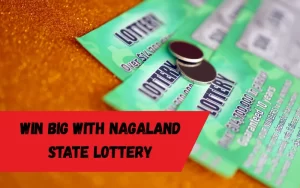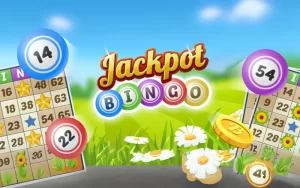The India Chetak Lottery is one of the many traditional lottery systems that continue to thrive in India despite the increasing digitalization of gambling and gaming. Known for its simplicity and accessibility, the Chetak Lottery appeals to a wide demographic, especially in regions where legal lotteries are permitted. The game blends chance and excitement, offering participants an opportunity to win money through small stakes, and has established a loyal user base over time.
What is the Chetak Lottery?
The Chetak Lottery is a form of daily lottery game primarily played in certain Indian states where such forms of gambling are legal and regulated. The name “Chetak” itself is inspired by the legendary horse of Maharana Pratap, symbolizing speed and reliability, possibly representing the rapid results and straightforward nature of the game.
Players typically choose numbers or symbols, and if their selection matches the draw results, they win a pre-determined amount. The lottery is usually conducted multiple times a day—morning, afternoon, and evening—providing regular chances to participate.
How the Game Works
The India Chetak Lottery follows a simple draw-based format. Here’s how it generally works:
- Selection: Players select a number from a specific range (e.g., 0 to 9 or other variations based on the local game format).
- Betting: A small amount of money is placed as a wager. In most cases, the betting amount is minimal, often starting from ₹1 or ₹5, making it accessible to the general public.
- Draw: A draw is conducted at scheduled times during the day. The results are typically published on notice boards in shops, SMS alerts, or online portals.
- Winning: If the number selected by the player matches the result, the player wins according to fixed odds or payout tables. The winning amounts can vary, depending on the type of bet and the lottery operator.
Availability and Access
The India Chetak Lottery is available primarily in states like Madhya Pradesh, Rajasthan, and other parts of North and Central India where lottery laws allow such games. It is mostly run through physical retailers—small lottery shops or kiosks in markets and urban neighborhoods.
In recent years, some Chetak lottery results have also been shared online by unofficial platforms, allowing players to check outcomes digitally. However, the actual betting and payout process usually remains offline due to legal restrictions.
Legal Status
The legal status of lotteries in India is governed by the Lotteries (Regulation) Act, 1998, which allows individual states to organize, regulate, or ban lotteries. This means the legality of participating in the India Chetak Lottery depends entirely on the state in which one resides.
Some states like Kerala, Sikkim, and Maharashtra have government-regulated lotteries, while others have banned the practice altogether. The India Chetak Lottery is not a government-run lottery, so its operations may fall into a legal grey area or be considered unauthorized in some jurisdictions.
Popularity and Cultural Impact

Despite legal ambiguities, the India Chetak Lottery remains popular in certain communities for several reasons:
- Affordability: With low entry costs, even those from modest backgrounds can try their luck.
- Simplicity: The game doesn’t require deep understanding or complex strategies.
- Fast Results: With multiple draws each day, players get quick feedback and frequent opportunities to win.
- Word of Mouth: In tight-knit communities, such lotteries spread quickly through referrals and local promotion.
For many, it’s not just about winning money—it’s a part of local culture and daily life. Shops that run Chetak lotteries often become social hubs where people gather, share predictions, and discuss results.
Risks and Concerns
While the India Chetak Lottery may offer entertainment and small-scale gambling opportunities, it also comes with risks:
- Addiction: Like all forms of gambling, repeated participation can lead to addiction, especially when individuals try to chase losses.
- Unregulated Markets: Since many versions of the India Chetak Lottery are not government-regulated, there is limited consumer protection in cases of fraud or disputes.
- Legal Trouble: In states where such lotteries are banned, participation or operation can lead to legal consequences.
Players are advised to be cautious, only engage in legal activities, and set strict limits on spending.
Conclusion
The India Chetak Lottery continues to be a symbol of the enduring popularity of traditional lottery games in India. Though simple in format, it reflects a deeper cultural practice where luck, chance, and hope intersect in the everyday lives of many. While it offers entertainment and the occasional thrill of winning, players should be mindful of the legal context and personal risks involved. In a country where the line between legality and tradition can sometimes blur, the Chetak Lottery stands as both a pastime and a reminder of India’s complex relationship with games of chance.








